
Consumer rights are safeguarded in Pakistan through various laws and mechanisms, ensuring fair trade practices, product safety, and legal recourse for grievances. The primary laws governing consumer protection include:
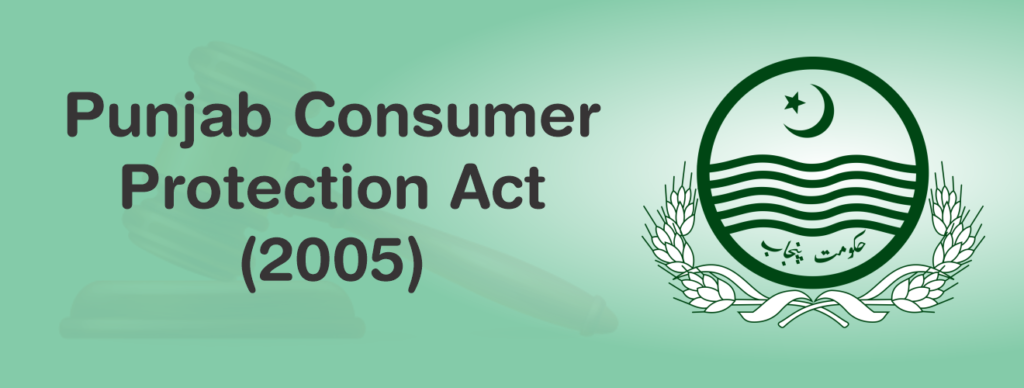
1. The Punjab Consumer Protection Act (2005)
This law applies to the province of Punjab and aims to ensure fair treatment for consumers. Key provisions include:
- Rights of Consumers: Protection against hazardous goods, unfair trade practices, and the right to accurate information.
- Responsibilities of Businesses: Obligations include providing accurate product/service information, maintaining safety standards, and issuing receipts.
- Consumer Courts: Dedicated consumer courts address grievances within a stipulated timeframe. Affected consumers can seek redressal for defective goods, substandard services, or misleading advertisements.
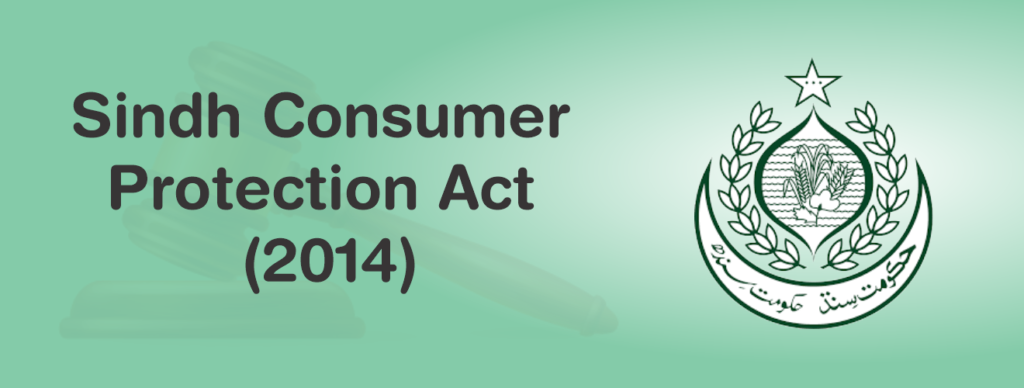
2. The Sindh Consumer Protection Act (2014)
Applicable in Sindh province, this act focuses on consumer rights and corporate accountability.
- Key Features:
- Prohibits deceptive marketing practices.
- Mandates the disclosure of essential information, such as pricing, quality, and warranty details.
- Complaint Resolution: Consumers can file complaints in consumer protection councils or designated consumer courts.
- Penalties: Strict penalties for businesses engaging in fraudulent practices or selling unsafe goods.
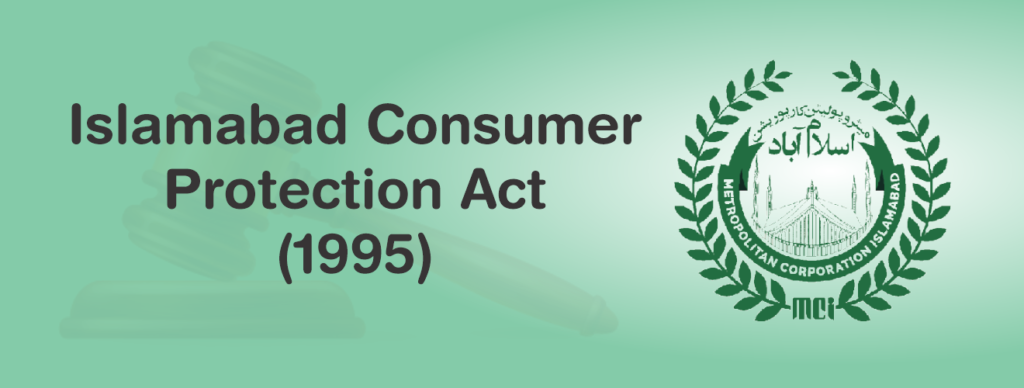
3. The Islamabad Consumer Protection Act (1995)
This act covers the Islamabad Capital Territory and was one of the first formal steps toward consumer protection in Pakistan.
- Consumer Rights: Guarantees protection against defective goods and services, false representations, and unsafe products.
- Complaint Mechanism: Allows consumers to lodge complaints in designated consumer tribunals, which ensure timely dispute resolution.
- Obligations of Sellers: Businesses must provide goods and services in compliance with quality standards.
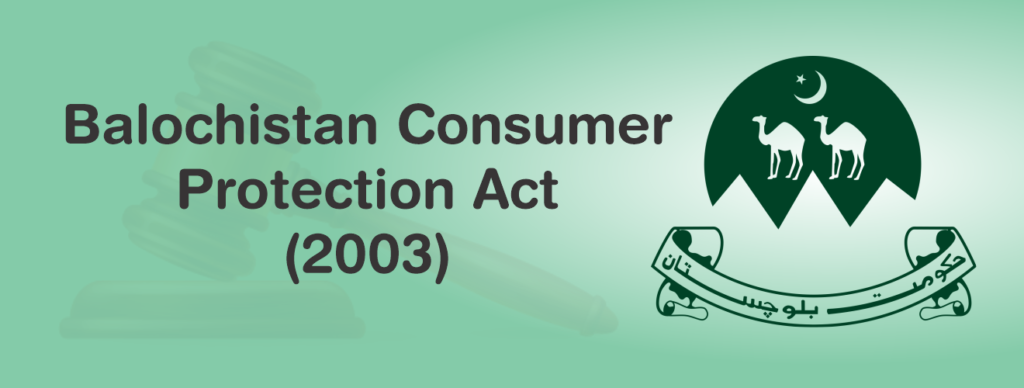
4. The Balochistan Consumer Protection Act (2003)
The law in Balochistan focuses on creating a consumer-friendly marketplace.
- Notable Features:
- Establishes consumer councils for awareness and complaint handling.
- Enforces penalties for violations such as selling expired or counterfeit goods.
- Consumer Tribunals: A legal forum for consumers to resolve disputes without unnecessary delays.
Key Rights Protected Under These Laws
- Right to Safety: Protection from harmful or unsafe goods and services.
- Right to Information: Access to accurate and sufficient information about products and services.
- Right to Choose: The freedom to select from a range of products and services without coercion.
- Right to Redress: Access to effective mechanisms for resolving disputes and claiming compensation.
- Right to Be Heard: Representation of consumer interests in relevant policy making processes.

Consumers can take the following steps to report grievances:
- Gather Evidence: Collect all relevant documents, such as receipts, warranties, and photographs of defective goods.
- Approach the Seller: Attempt to resolve the issue directly with the retailer or service provider.
- Contact Consumer Councils: If unresolved, lodge a complaint with the provincial or district consumer protection council.
- File a Case in Consumer Court: Submit a written application with supporting evidence. Courts are legally bound to resolve cases within a specified time frame.
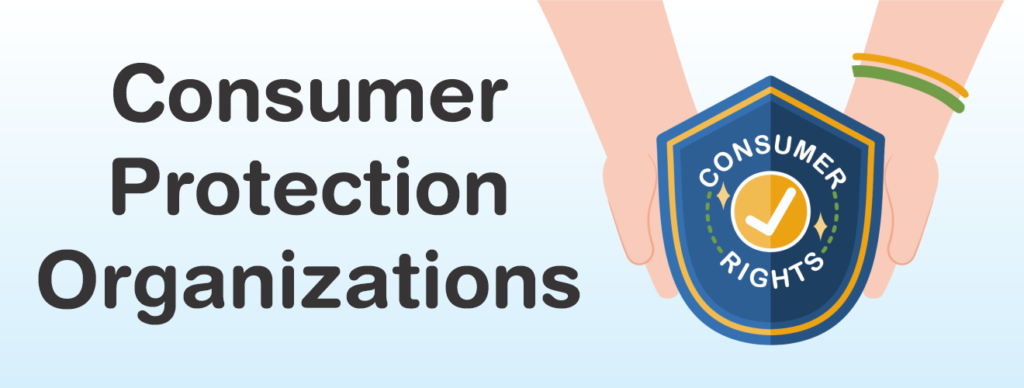
Several non-governmental and governmental organizations assist consumers, including:
- Pakistan Standards and Quality Control Authority (PSQCA): Ensures compliance with quality standards. https://www.psqca.com.pk/
- Provincial ombudsman: Address consumer complaints at the local level. https://mohtasib.gov.pk/
- Consumer Pakistan: A non-profit organization advocating for consumer rights and raising awareness. https://consumerpakistan.com/

Conclusion
Consumer protection laws in Pakistan are designed to empower individuals against unfair practices, ensuring accountability and fostering trust in the marketplace. By understanding these rights and utilizing the legal framework, consumers can confidently advocate for fair treatment and quality assurance.


